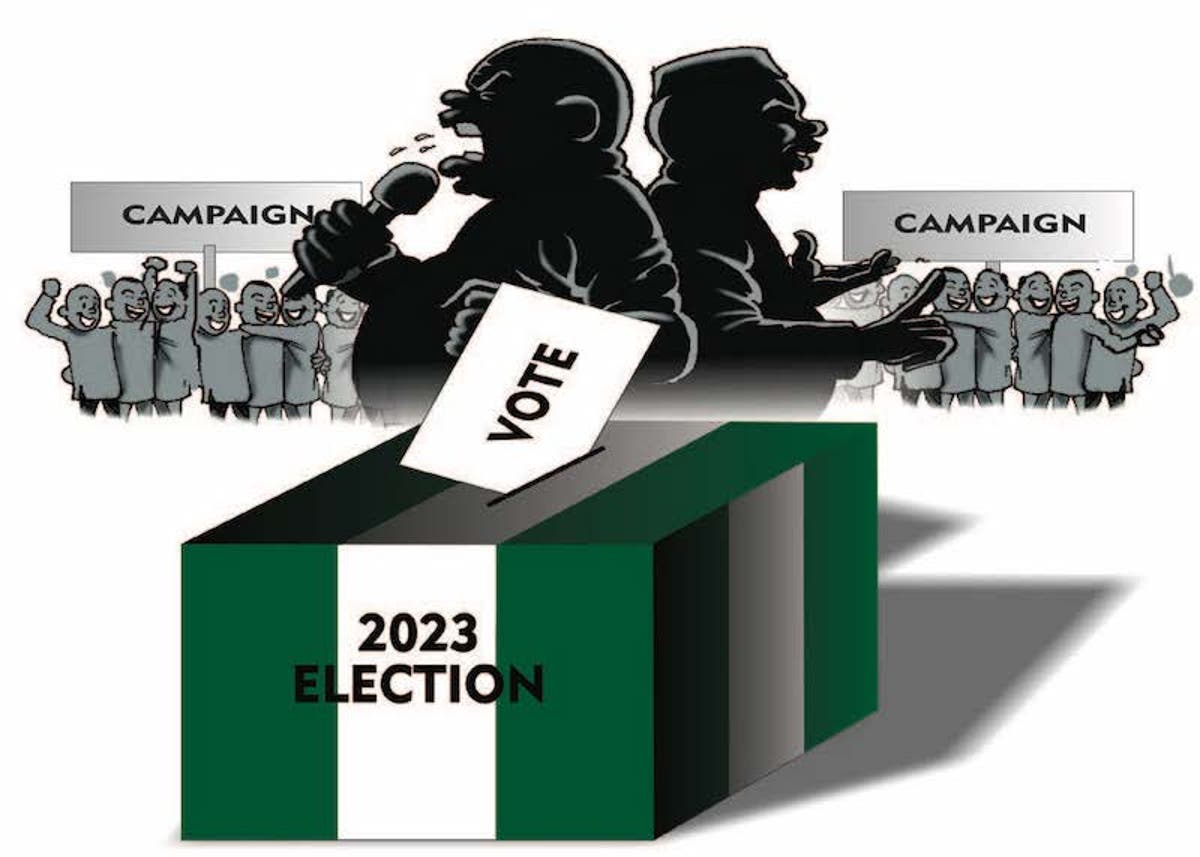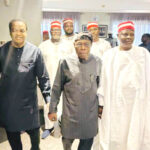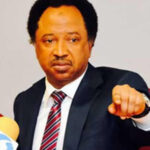Communications strategists have for many years argued that politics is a battle of wit and sophistry. Some posit that an individual’s ability to convince the audience determines his political fortunes. This is perhaps why political communication and influencer marketing have become an enterprise and a big business in recent times.
Across the world, politicians invest huge sums of money in political communications to win citizens’ hearts and minds because of the role communications play in political contests. In a democracy, where freedom of choice is enshrined as a democratic right, great emphasis is placed on persuasion instead of coercion in everyday governance.
Due to the important role that communications hold in a democracy, especially during elections, political actors deploy mischief tactics, such as propaganda and disinformation, to gain legitimacy. These tactics have a severe effect on the fate of democracy and negatively impact election outcomes.
This is a major threat to peace and the sustenance of democracy in many nations.
Disinformation creates a crisis of hope and faith in citizens; it could easily result in post-election violence, and supporters of political parties could rely on fake news to discredit the outcome of a legitimate and transparent election, even when there is no basis for protest.
Peter Pomerantsev, in his book ‘Nothing Is True and Everything Is Possible’, posits that “disinformation seeks to make the truth unknowable and undermines public trust in the possibility of an established set of facts. With nothing certain, voters cannot have confidence in elections, the functioning of government, or the importance of their role in the democratic process.”
As we approach the 2023 election, political actors and democratic stakeholders, especially media professionals, must rise to the responsibility of safeguarding Nigeria’s peace and the democratic process through effective gatekeeping, censorship, fact-checking and other editorial means.
Democracy is about freedom of thought, choice, and access to information and truth. Political debates and election rhetoric should be premised on truth and facts.
Citizens should be able to interrogate their leaders without blackmail and harassment. Politicians should be circumspect with their utterances and prioritise the unity and peace of Nigeria. This campaign should be a debate of ideas and issues and not a season of anomie.
Media owners should be wary of yielding their platforms to merchants of lies and hate and must reject paid content that falls short of ethical standards. This, they must do in the interest of nation-building.
It is usual for media entrepreneurs to compromise their editorial standards for pecuniary gains and political factors during election season. However, they must be reminded that the primary objective of journalism is public service.
In moments like this, editors must clearly distinguish news content from public relations and advertorial materials for objectivity and fairness.
Disinformation threatens our democracy; it erodes democratic norms and values and impedes citizens’ rights to know and freedom of speech. This is why all citizens must see themselves as stakeholders in the vanguard of promoting truth and peaceful debates during this campaign period and beyond.
Wealth Dickson Ominabo is the Communications Officer at the Goodluck Jonathan Foundation

 Join Daily Trust WhatsApp Community For Quick Access To News and Happenings Around You.
Join Daily Trust WhatsApp Community For Quick Access To News and Happenings Around You.


